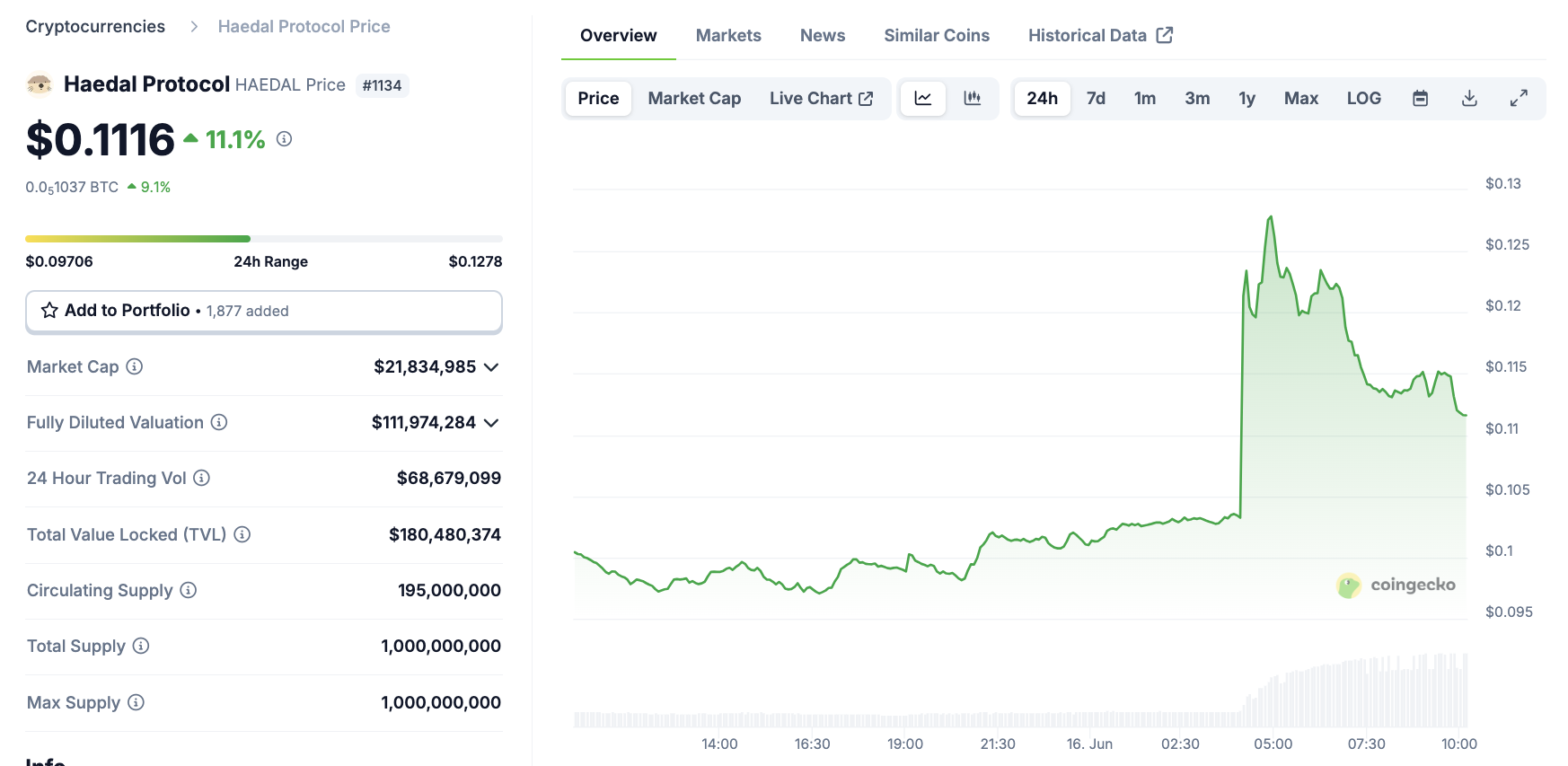
The post Here’s Why Dogecoin & Neo Pepe Protocol Are On Track to Surpass $0.50 in 2025 appeared first on Coinpedia Fintech News
The Rising Meme Coin Stars of 2025
Dogecoin and Neo Pepe Protocol ($NEOP) are rapidly becoming standout stars in the meme-crypto universe as 2025 looms closer. Dogecoin maintains momentum through its loyal community and iconic status, while Neo Pepe’s presale is generating substantial excitement due to its innovative features. Having already attracted over $102,536 in presale contributions at a current price of $0.05423, Neo Pepe Coin is swiftly establishing trust among investors.
With deflationary tokenomics, an auto-liquidity system, and robust, community-led governance via the NEOPGovernor contract, Neo Pepe represents far more than a traditional meme coin. It’s evolving into a sustainable movement designed for long-term growth. Should this trajectory hold steady, both Dogecoin and Neo Pepe could realistically break through the $0.50 barrier sooner rather than later.
Meme Coin Mania – Why 2025 Might be the Biggest Year Yet
Meme-coin mania is roaring back in 2025, but this wave is distinctively structured. Daily trading volumes reached a staggering ~$4.6 billion in May, propelled by heavy hitters like Dogecoin ($28 billion market cap), Shiba Inu ($7.5 billion), and Pepe ($4.9 billion). This resurgence is fueled largely by amplified social media buzz on platforms like X and TikTok, drawing a new wave of adventurous investors.
Fresh contenders, including Neo Pepe and Arctic Pablo Coin, merge meme culture with sophisticated tokenomics and practical utility, indicating that 2025 could mark the era where meme novelty meets structural maturity. However, the potential rewards carry significant risks—investors should stay alert.
Dogecoin’s Resilience Points Toward Strong Long-Term Gains
Dogecoin’s ability to bounce back under tough market conditions underscores its potential for sustained value appreciation. Despite market volatility and slowed meme-coin momentum, DOGE rebounded impressively, trading around $0.227, bolstered by a resilient 50-day moving average.
Key technical indicators pinpoint a promising trading range between $0.21 and $0.26. Moreover, network engagement is booming—with active addresses up 111% and new addresses climbing by 102%. Institutional stakeholders continue to accumulate positions, signaling deep-rooted confidence.
The prospect of a Dogecoin ETF, estimated at about a 51% approval probability, could channel significant fresh investment into the coin. Combined with robust on-chain fundamentals and favorable market conditions, Dogecoin appears primed to lead crypto’s next bullish chapter.
Neo Pepe Protocol’s Strengthening Ecosystem
Neo Pepe Protocol’s ecosystem is flourishing, attracting increased attention ahead of Q3. Its meticulously structured tokenomics—highlighted by a fixed, immutable total supply of 1 billion $NEOP tokens—are particularly compelling.
Token allocation is strategically planned:
- 45% Presale: Maximizes decentralization.
- 25% Marketing: Accelerates widespread adoption.
- 10% Liquidity Pool: Ensures market stability.
- 10% Development: Drives continual platform innovation.
- 5% Ecosystem Incentives: Fuels community growth.
- 5% Giveaways: Rewards community participation.
Key features powering Neo Pepe’s appeal include auto-liquidity that stabilizes the market by permanently burning LP tokens, a DAO-managed treasury providing transparent oversight, and a controlled token burn limited to 5% of the total supply. Neo Pepe is setting benchmarks for ecosystem sustainability and investor confidence.
Why Neo Pepe Coin Could Surpass $0.50 by 2025
Neo Pepe’s disciplined growth strategy and thoughtfully designed tokenomics strongly position it to exceed $0.50 by 2025. With no option to mint additional tokens, scarcity and demand are poised to boost value significantly.
The structured presale approach offers incrementally higher token pricing to reward early investors. Following launch, tokens will gradually unlock hourly, preventing sudden sell-offs and promoting market stability.
How to Participate in the Neo Pepe Protocol Presale
- Visit the official Neo Pepe website at NeoPepe.ai
- Contribute using supported cryptocurrencies (ETH, USDT, USDC, BNB).
- Track your token allocation and unlock schedule in real-time.
Understand tokenomics, governance, and the smart contract mechanics before participation. Do not miss your opportunity to be part of this revolutionary crypto movement.
Join the Neo Pepe Movement Today!
Act now to secure your stake in the future of meme-powered decentralization. Join our vibrant community and participate in shaping a revolutionary ecosystem.
The post Here’s Why Dogecoin & Neo Pepe Protocol Are On Track to Surpass $0.50 in 2025 appeared first on Coinpedia Fintech News
The Rising Meme Coin Stars of 2025 Dogecoin and Neo Pepe Protocol ($NEOP) are rapidly becoming standout stars in the meme-crypto universe as 2025 looms closer. Dogecoin maintains momentum through its loyal community and iconic status, while Neo Pepe’s presale is generating substantial excitement due to its innovative features. Having already attracted over $102,536 in …








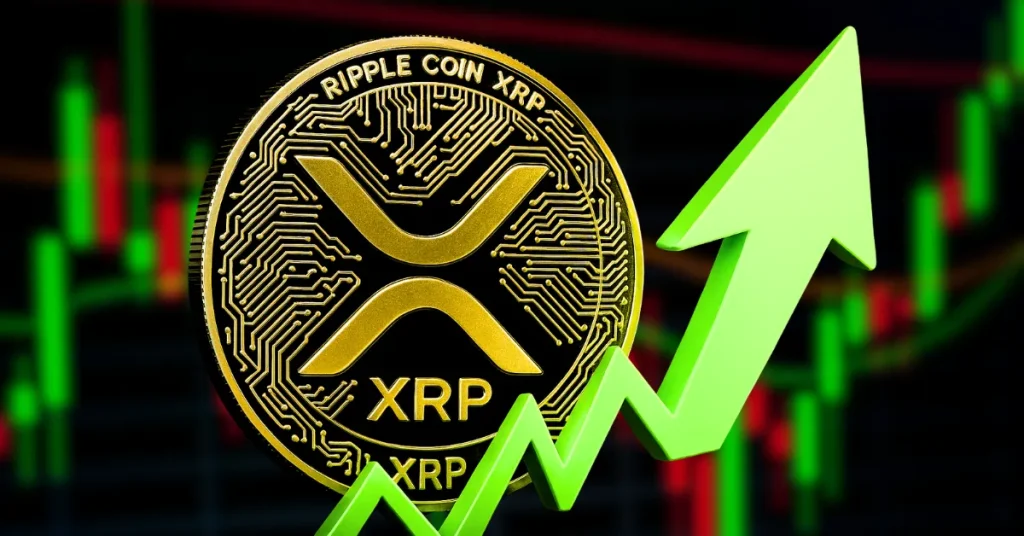

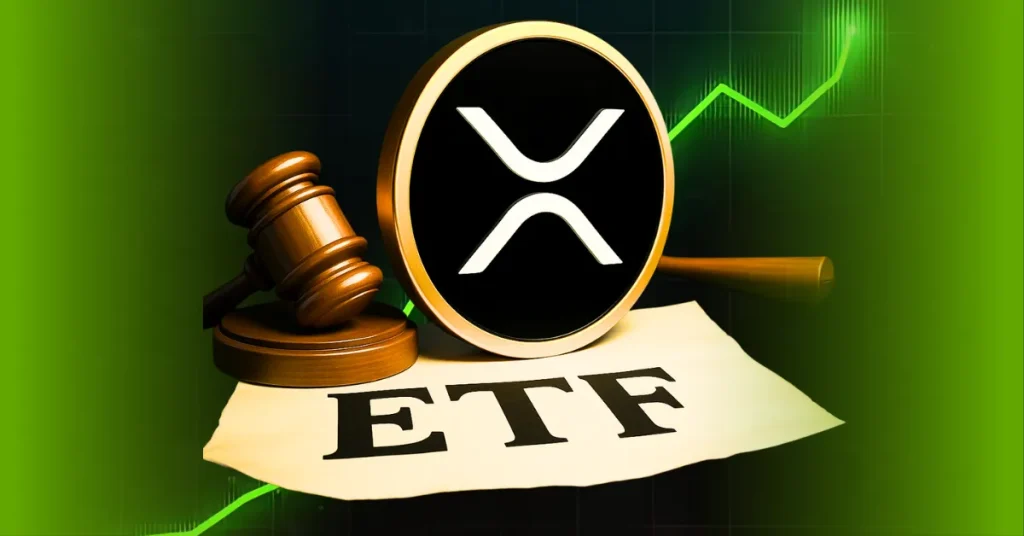

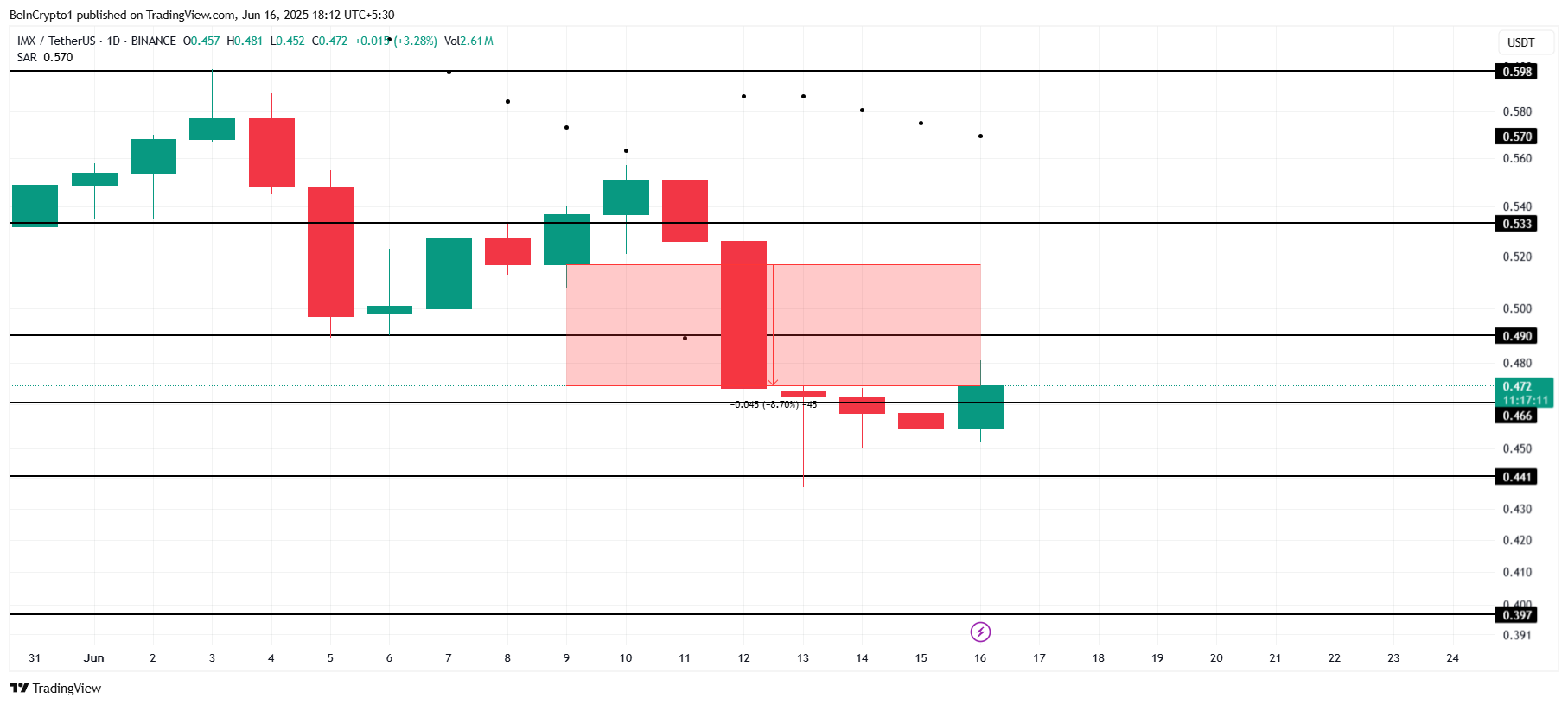
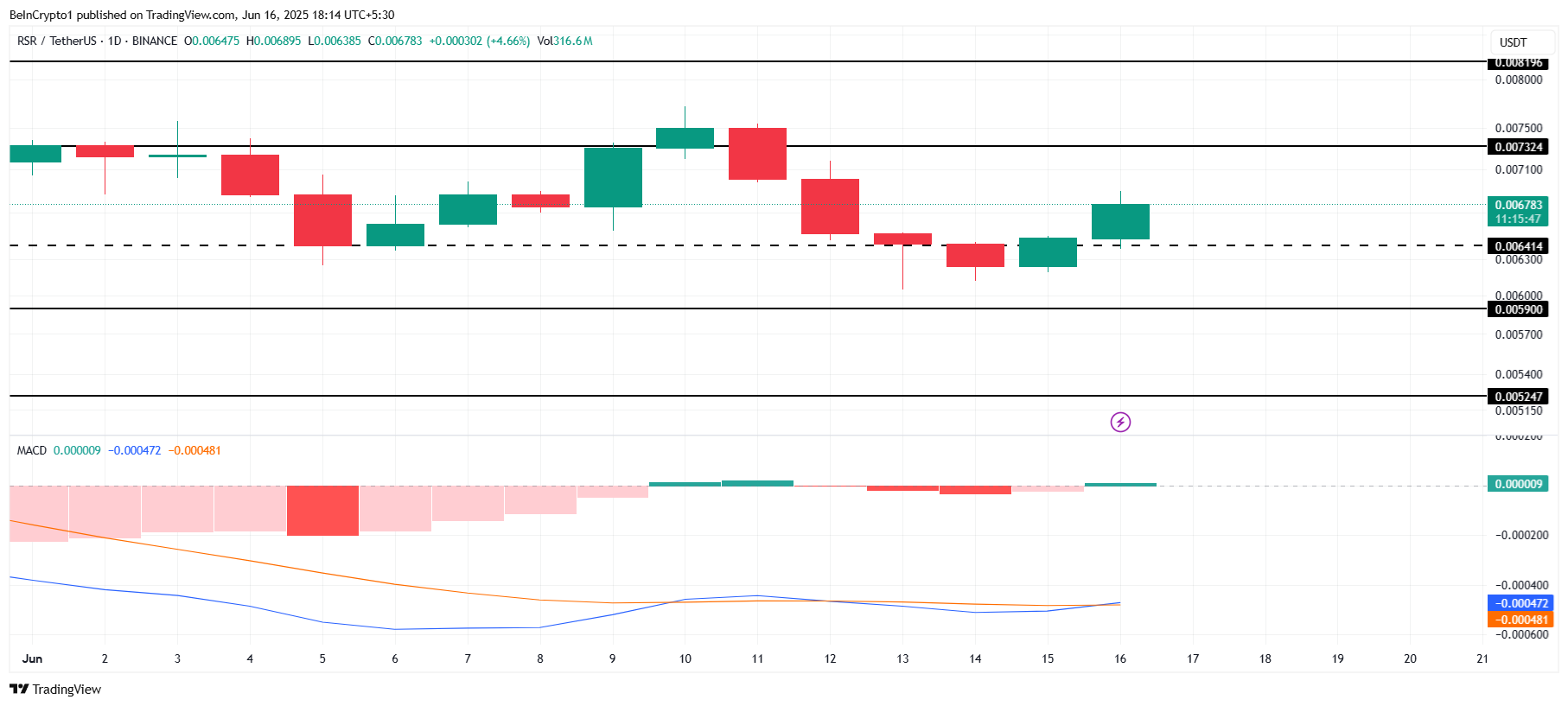





 Pro tips: Use
Pro tips: Use 